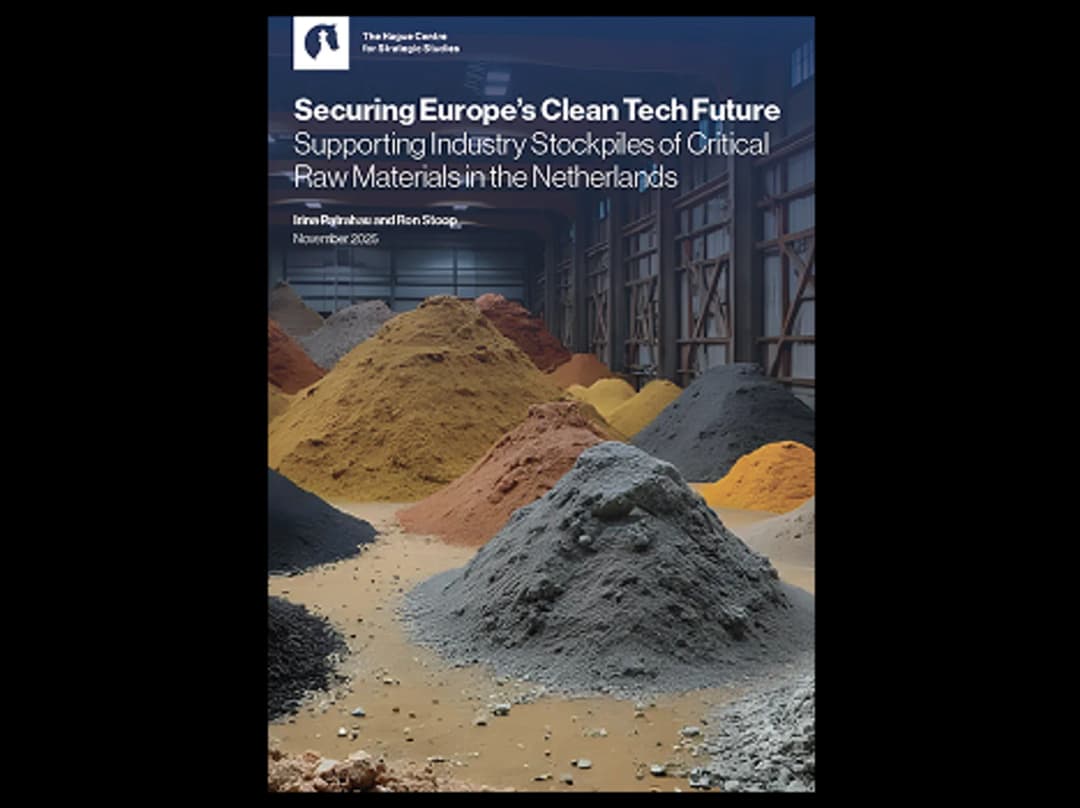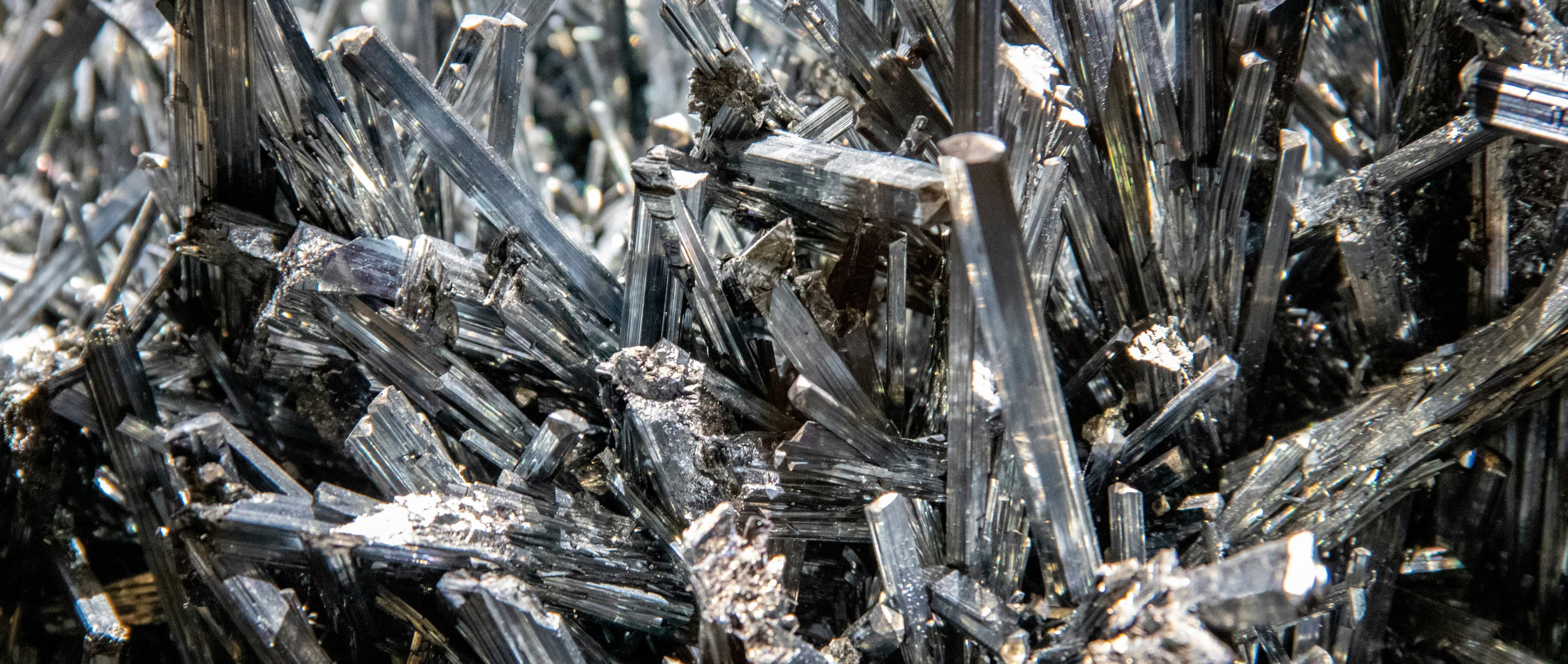
Biobased & Circular economy
—10 november 2025
November 10, 2025
3 minutes

Critical raw materials such as lithium, cobalt, nickel and rare earth elements are indispensable for the Dutch and European cleantech industry. Our dependence on countries outside Europe for the import of these materials is increasing. Invest-NL commissioned The Hague Centre for Strategic Studies (HCSS) to investigate how voluntary, public-private stocks of critical raw materials can contribute to a resilient European industry.
Stockpiling has traditionally been an instrument for national security, but it can also contribute to economic resilience and sustainable raw material supply. Without a stable supply of critical raw materials, the production of batteries, wind turbines, and hydrogen technology comes to a halt. The circular processing and reuse of these materials are also under pressure.
Small and medium-sized enterprises (SMEs) in the cleantech and circular sectors are particularly at risk. They are often too small to establish raw material reserves independently and find it difficult to access financing. Raw material markets are capital-intensive and volatile, while banks and investors are hesitant due to the risks involved. As a result, the market remains vulnerable to sudden disruptions or price increases.
Invest-NL sees a structural financing gap here — exactly the type of market failure that we, as a national financing and development institution, aim to address. Sustainable innovation and circular production require certainty in the supply chain, but the market does not provide this automatically. Through this research, we explore how public co-financing, guarantee schemes, or revolving funds can enable voluntary strategic stockpiling, without companies losing their agility.
The HCSS report ‘Securing Europe’s Clean Tech Future’ shows that voluntary stockpiling supported by public capital can help absorb shocks in the raw materials supply chain and provide companies with more price stability. Based on conversations with thirteen Dutch cleantech companies and seven logistics and recycling parties, the report presents a practical four-step model for planning, purchasing, managing, and deploying stockpiles.
For Invest-NL, this research is an initial step towards new instruments that contribute to a resilient cleantech industry. Together with companies, governments, and financiers, we are exploring how voluntary stockpiles can be established. In this way, we reduce dependence on vulnerable import streams and accelerate the transition to a sustainable and circular Europe.
"Stockpiling of critical raw materials is not an end in itself, but a necessary condition for sustainable growth and strategic autonomy."
Xandra WeinbeckSenior Development Manager
Xandra Weinbeck
sr. business development manager
